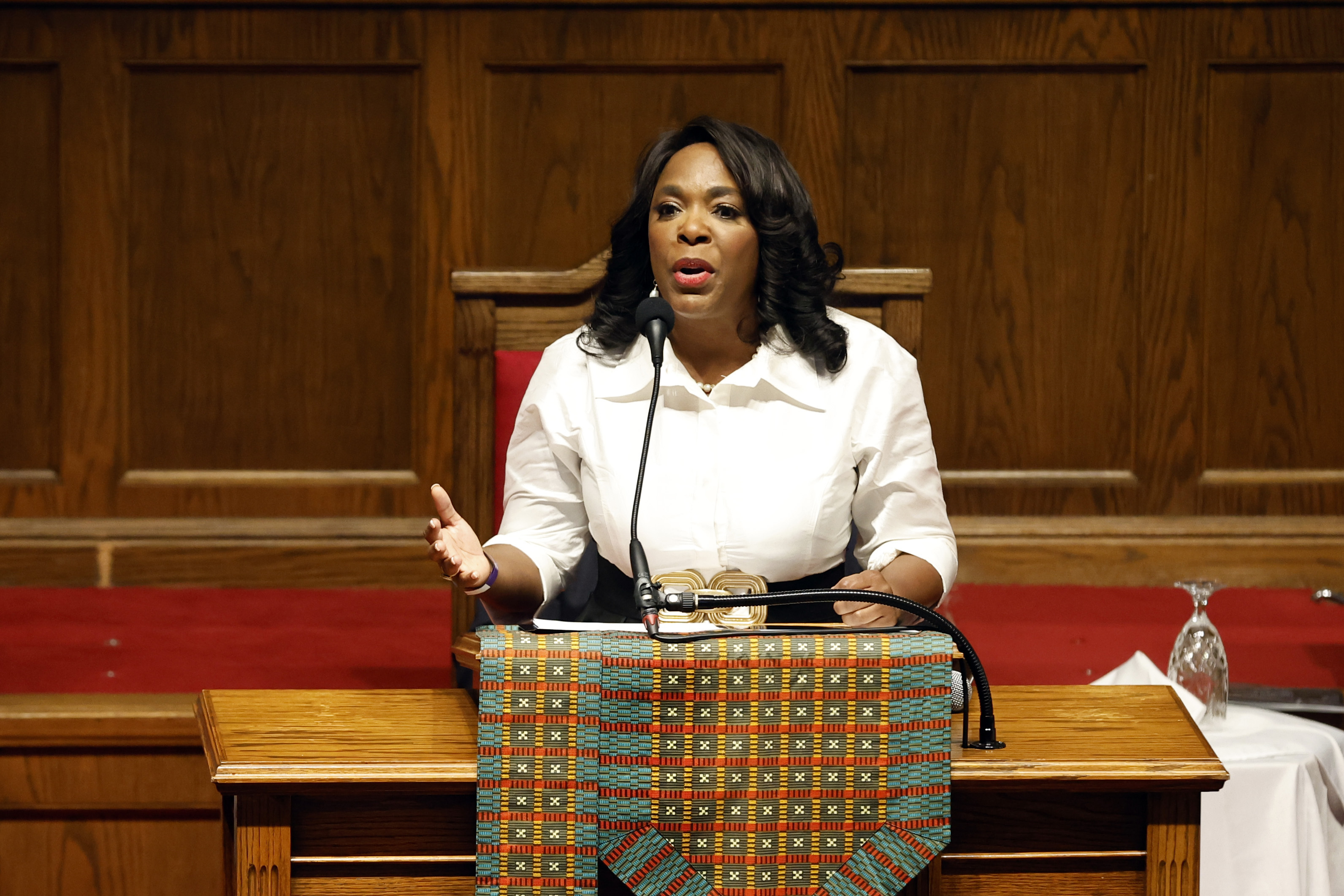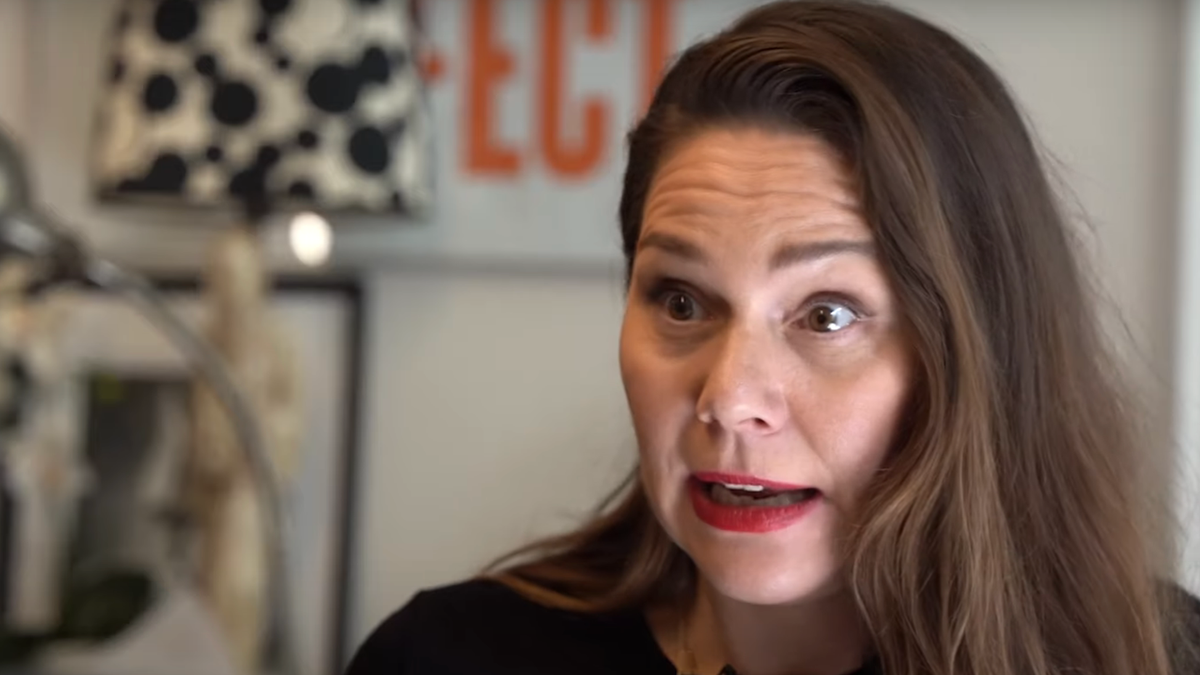The government department responsible for food safety in the United Kingdom has finally settled the debate over where eggs should be kept in the house.
It's an age old issue that often turns into a row and tricky debate, as Brits battle it out over where the food stuff should be kept in your home's fridge or the cupboard. But there is a definite answer, and you should listen if you care about your health.
It comes after Heinz entered the row over ketchup and whether it was a refrigerator item or one to be hidden behind a kitchen cupboard door.
Likewise, Warburtons did the same with bread, with a clear winner in the very same debate.
Eggs in the cupboard or fridge? Debate settled, the FSA says
In a statement issued to Facebook, the Food Standards Agency (FSA) said it was 'settling the debate' over fridge vs cupboard.
It said: "Let’s settle this debate… should eggs be stored in the cupboard or in the fridge?"
Explaining the one true place where eggs should be stored, the FSA said it is all to do with temperature. And in particular, when it fluctuates.
It said: "Eggs should be stored in a cool, dry place.
"Ideally, eggs should be stored in the fridge which will keep them at a constant temperature and keep them fresh for longer.
"We recommend that you follow the manufacturer’s advice and avoid storing eggs where they would be exposed to temperature changes.
"Temperature changes can lead to condensation on the surface, which causes increased penetration of Salmonella from the outside of the shell into the egg."

Eggs in the cupboard? Don't do it (Getty Stock Images)
What happens if I get Salmonella?
The NHS says that the vast majority of those with Salmonella, which can cause painful food poisoning, do not need to go to hospital.
Symptoms can begin to show within six hours and up to 36 hours, with loose stools; stomach pain; fever; nausea; and fatigue very common.
To stop it from spreading, you should avoid others for a period of two to seven weeks depending on how bad your sickness from it is.
"In most cases it is generally advised to wait until 48 hours after last having diarrhoea or sickness before returning to work or school/nursery," the NHS says.

Store eggs in the fridge, the FSA says (Getty Stock Images)
Can you eat eggs after the best before date?
Yes but it depends on how you want to cook them.
You will need to make sure you cook them 'well', which is best done if including in baking products.
"Eggs are safe to eat for a couple of days after the best before date if they are cooked well," the FSA says.
"The best before date should be stamped on the egg or the packaging. You should make sure both the white and yolk of the egg are cooked thoroughly.
"You can use eggs a couple of days after the best before date in cooking or baking."














)





 English (US) ·
English (US) ·